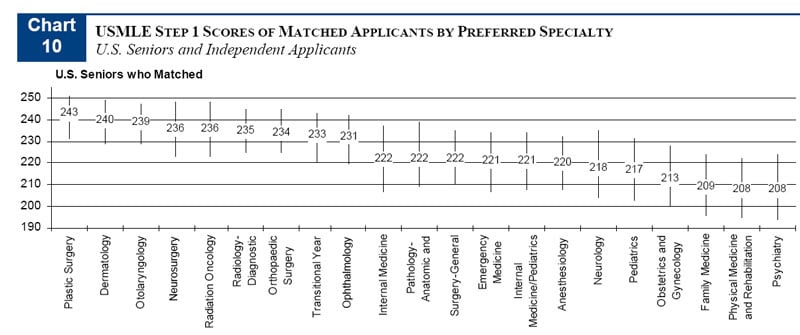- Joined
- Oct 29, 2005
- Messages
- 798
- Reaction score
- 3
Maybe I'm posting in the wrong forum, but I can't find any threads correlating step 1 scores and whether students matched into their 1st choice or not.
If you get a low USMLE step 1 score (<200), how does that affect your chances for residency? Granted that I want to go into IM in NY.
I would be really appreciative if anyone can link me to related threads or provide any insight. Thanks guys.
If you get a low USMLE step 1 score (<200), how does that affect your chances for residency? Granted that I want to go into IM in NY.
I would be really appreciative if anyone can link me to related threads or provide any insight. Thanks guys.


